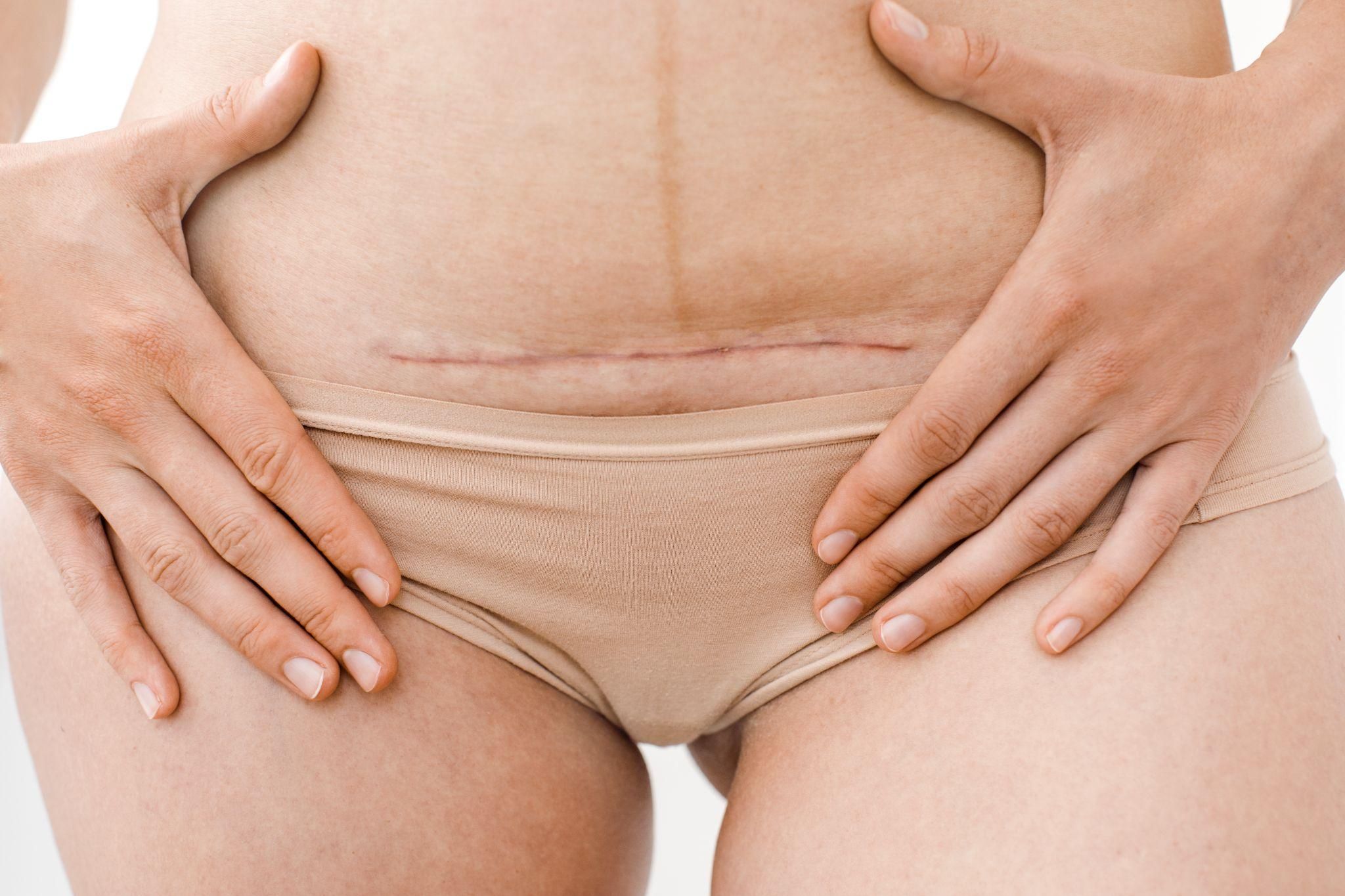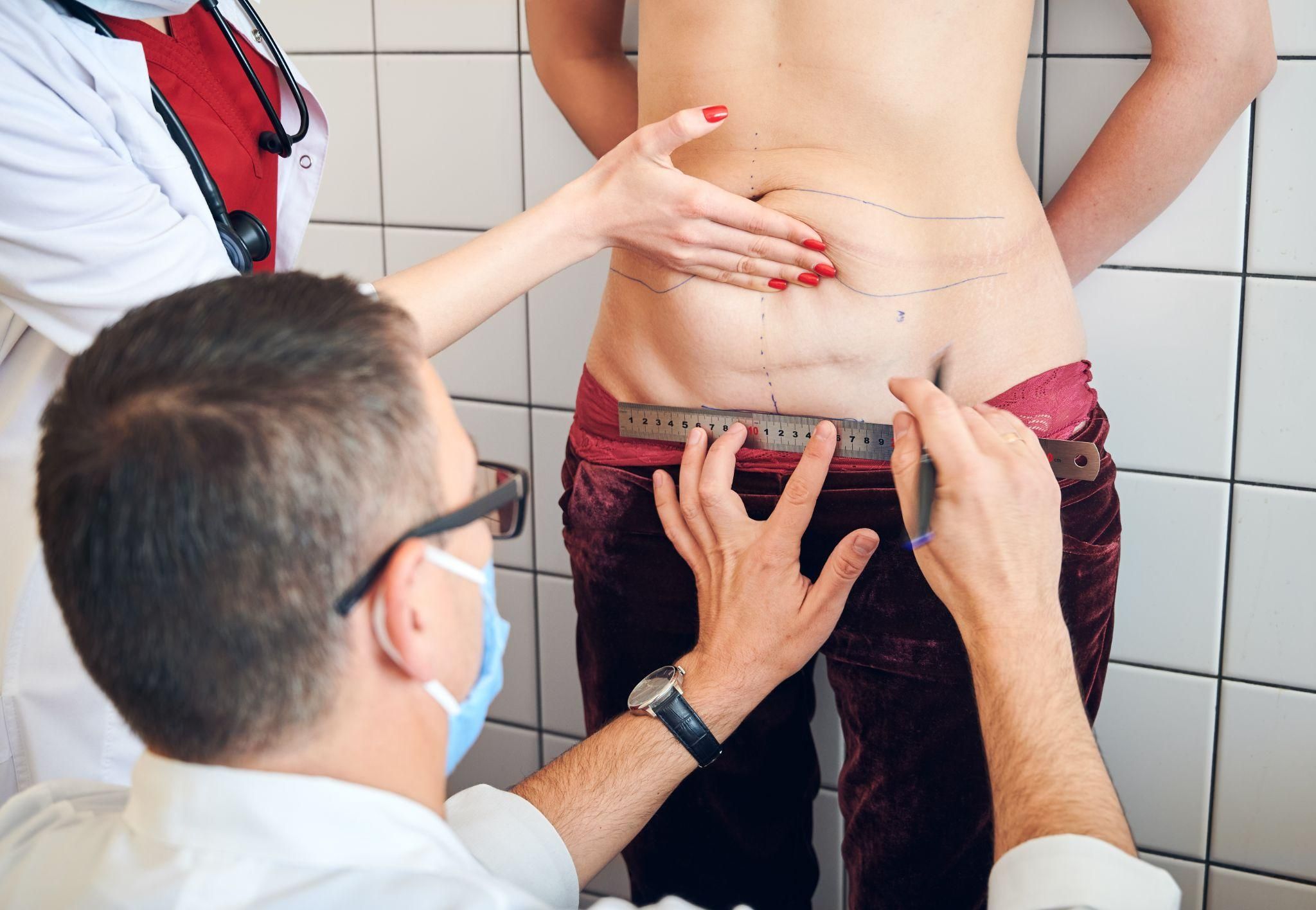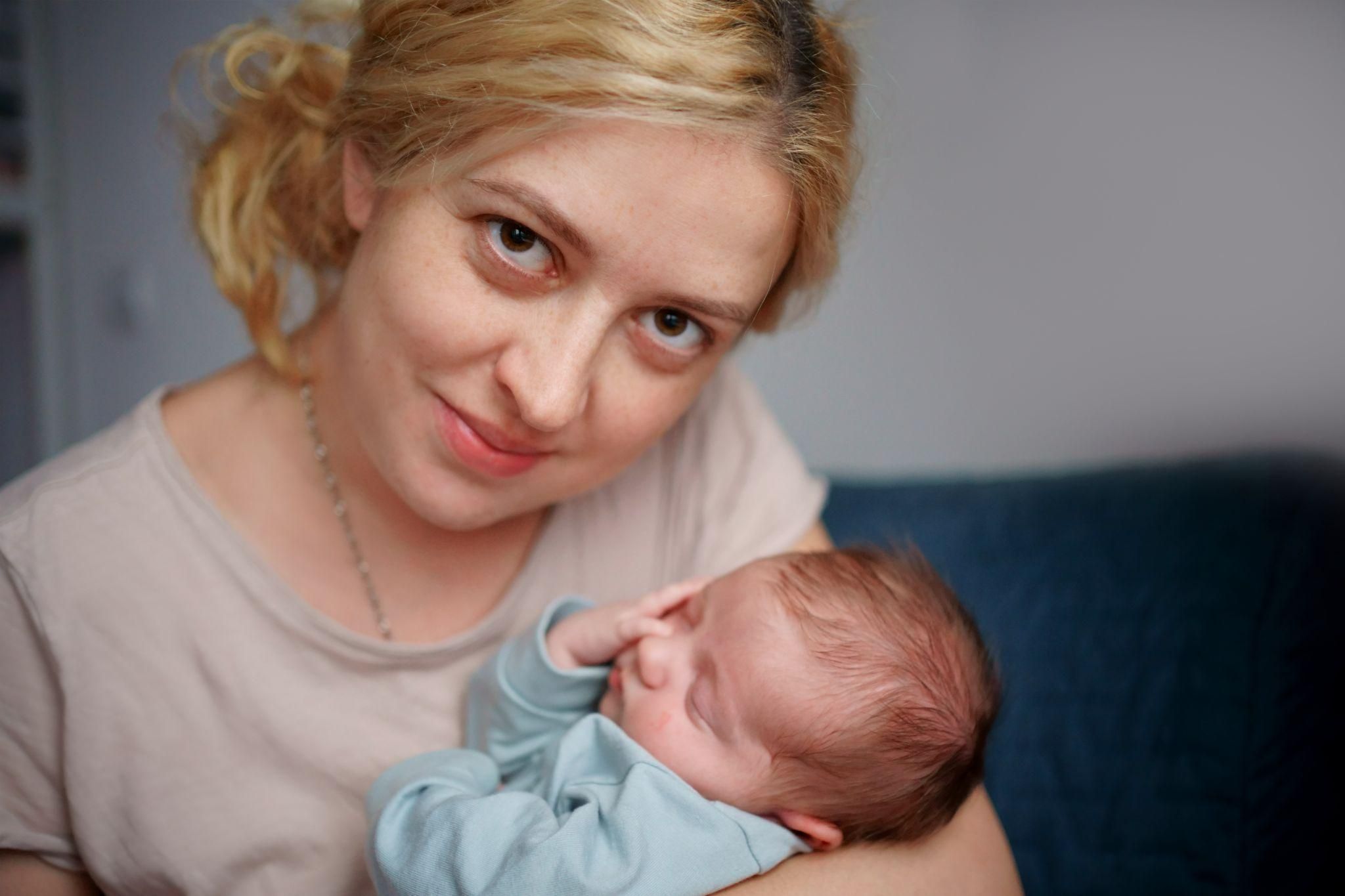Recovering from a C-section can be a transformative journey that requires both physical and emotional healing. While the medical aspects of recovery are often well-documented, the emotional and mental facets can be just as critical to your well-being. In this article, we’ll focus on practical strategies for your C-section recovery, empowering affirmations, and holistic habits and rituals that nurture your body and spirit during this time.
Your post-C-section experience is a blend of recovery, caring for your newborn, and adjusting to the life changes that come with parenthood. This guide will offer insights that not only address your physical recovery but also help you stay mentally grounded, emotionally strong, and spiritually nourished. Alongside, we will explore the importance of antenatal care, its role in preparing your body and mind for both childbirth and recovery, and how prenatal wellness practices such as yoga and massage can benefit you throughout this process.
The Importance of Antenatal Care in Your Journey
Antenatal care plays a pivotal role in preparing your body for childbirth, regardless of whether you have a natural birth or a C-section. Attending regular antenatal appointments ensures that your health, as well as your baby’s, is closely monitored, helping identify potential issues early. From antenatal scans that give insight into your baby’s development to antenatal vitamins that ensure you’re meeting essential nutrient needs, your antenatal clinic visits are designed to offer comprehensive support throughout pregnancy.
Why Antenatal Care Matters
Antenatal care is more than just routine checkups. It prepares you both mentally and physically for the significant life changes that come with having a baby. Whether it’s checking your blood pressure or discussing antenatal support options, regular antenatal appointments are crucial in keeping both you and your baby in optimal health.
During these appointments, you’ll also learn about the different birth options available to you. If a C-section becomes a part of your birth plan, antenatal education will equip you with vital information on what to expect, how to prepare, and the best ways to recover afterward.
Pro Tip: Always ask questions at your antenatal checkups—whether about the C-section procedure, recovery tips, or support networks. This is your time to gain knowledge and empower yourself with the information you need for a smooth transition into motherhood.
C-Section Recovery: A Physical and Emotional Journey
Healing Physically
The recovery process after a C-section varies for everyone, but there are some general principles to follow that can facilitate healing.
Rest and Movement: Your body has undergone major surgery, and it needs rest. However, light movement, like walking around the house, helps prevent blood clots and aids in circulation. Be sure to follow your doctor’s advice about when to start moving and what exercises are safe.
Nutrition: Your body needs essential nutrients to heal, especially proteins and vitamins. Make sure you continue taking your antenatal vitamins, as they can help replenish your body’s nutrient stores after surgery. Additionally, staying hydrated and consuming nutrient-rich foods will help your incision heal faster.
Gentle Support: Using a belly band or gentle compression garment can offer support to your abdomen as it heals. Make sure to choose one recommended by your healthcare provider to avoid putting pressure on your incision.
Scar Care: Once your incision has healed, you can begin applying silicone gels or sheets, which have been shown to help reduce scarring. Speak to your healthcare provider for the best recommendations on how to care for your scar.
Healing Emotionally
The emotional recovery after a C-section is just as important as the physical aspect. Many mothers experience a range of emotions, from joy to frustration to sadness, as they recover. This is normal and should be addressed with the same care as your physical recovery.
Practice Self-Compassion: It’s important to be kind to yourself during recovery. Remind yourself that every recovery journey is unique. Affirmations like, “I am healing at my own pace,” or, “My body is strong and capable,” can offer comfort during difficult moments.
Bonding with Baby: Some mothers worry that a C-section will affect bonding with their baby. Know that the bond between you and your baby is not defined by how they were delivered but by the love and care you offer. Skin-to-skin contact is a wonderful way to strengthen this bond.
Embrace Support: Don’t hesitate to ask for help from family members or a postpartum doula. This is particularly important if you have other children who need care. Surrounding yourself with antenatal support networks will make a significant difference in your emotional recovery.
Managing Postpartum Emotions: Postpartum emotions, including baby blues or postpartum depression, are more common than many realise. Reach out to your healthcare provider if you’re feeling overwhelmed, and don’t hesitate to explore therapy or support groups.
Empowering Rituals for Your Recovery
Daily Affirmations for Strength and Resilience
Affirmations are positive statements that can help shift your mindset and reinforce your inner strength. When recovering from a C-section, creating an empowering daily affirmation ritual can offer both emotional and mental support. Here are some examples you can integrate into your routine:
“I am patient with my body as it heals.”
“My body is capable of amazing things.”
“I nurture myself so I can nurture my baby.”
You can speak these affirmations aloud each morning or whenever you’re feeling anxious or uncertain. Writing them down or placing them in visible areas around your home can also serve as gentle reminders of your resilience.
Creating a Healing Environment
Your physical environment can have a direct impact on your recovery. Consider creating a peaceful space in your home dedicated to rest, recovery, and bonding with your baby. Soft lighting, soothing music, and comforting scents can create an atmosphere that promotes healing. Antenatal yoga and breathing exercises can also help calm your mind and body, allowing you to focus on your healing.
Holistic Approaches to Recovery
The Benefits of Antenatal Yoga and Postpartum Exercise
Yoga is a wonderful practice during and after pregnancy, offering a gentle way to strengthen muscles, improve flexibility, and enhance your mental well-being. Antenatal yoga, in particular, focuses on poses that prepare your body for childbirth, improve breathing, and help manage stress. Postpartum yoga can be a gentle reintroduction to physical movement, helping to restore core strength and pelvic floor function after surgery.
Benefits of Antenatal Yoga:
Improves flexibility and strength
Encourages mindfulness and deep breathing
Promotes relaxation during pregnancy
Prepares your body for both childbirth and recovery
After your C-section, yoga for pregnancy can be adapted into your recovery plan, focusing on gentle stretches and restorative poses. Always consult with your healthcare provider before beginning postpartum exercise to ensure it’s safe.
The Role of Antenatal Massage in Recovery
Prenatal and antenatal massages are incredibly beneficial both during pregnancy and after delivery. During antenatal care, massages can help relieve muscle tension, reduce stress, and improve circulation. After a C-section, massage therapy can help with reducing scar tissue adhesions and promoting better healing. Antenatal massage can be a great addition to your postpartum care plan to facilitate relaxation and ease muscle soreness caused by the surgery.
Pregnancy Massage Benefits:
Relieves muscle tension
Promotes relaxation
Improves circulation
Reduces swelling and stress
Finding Support Through Antenatal Education
Enrolling in antenatal classes during your pregnancy prepares you with knowledge that can greatly benefit your recovery after a C-section. These classes cover everything from labour techniques to postnatal care, offering practical tips for managing your recovery and taking care of your baby. Many antenatal classes near you may also focus on relaxation techniques like breathing exercises and gentle stretches, helping prepare your body for the healing process.
In addition to physical healing, antenatal education also offers emotional support by connecting you with other mothers who may have had similar experiences. This sense of community can be invaluable during your postpartum recovery.
Conclusion
Recovering from a C-section is a deeply personal journey that requires both physical and emotional care. By incorporating empowering affirmations, engaging in healing rituals like antenatal yoga and massage, and creating a supportive environment around you, you can nurture your body and mind through this transformative time. Antenatal care remains a cornerstone in ensuring both you and your baby are well-prepared for the road ahead. Remember that every recovery is unique, and by prioritising your well-being, you are also prioritising your baby’s health and happiness.
References
- The Ultimate Antenatal Classes
Prepare for labour, birth, and baby care with nine experts, including senior NHS midwives and an award-winning obstetrician!
https://unii.com/en/journey/ultimate-antenatal-classes









